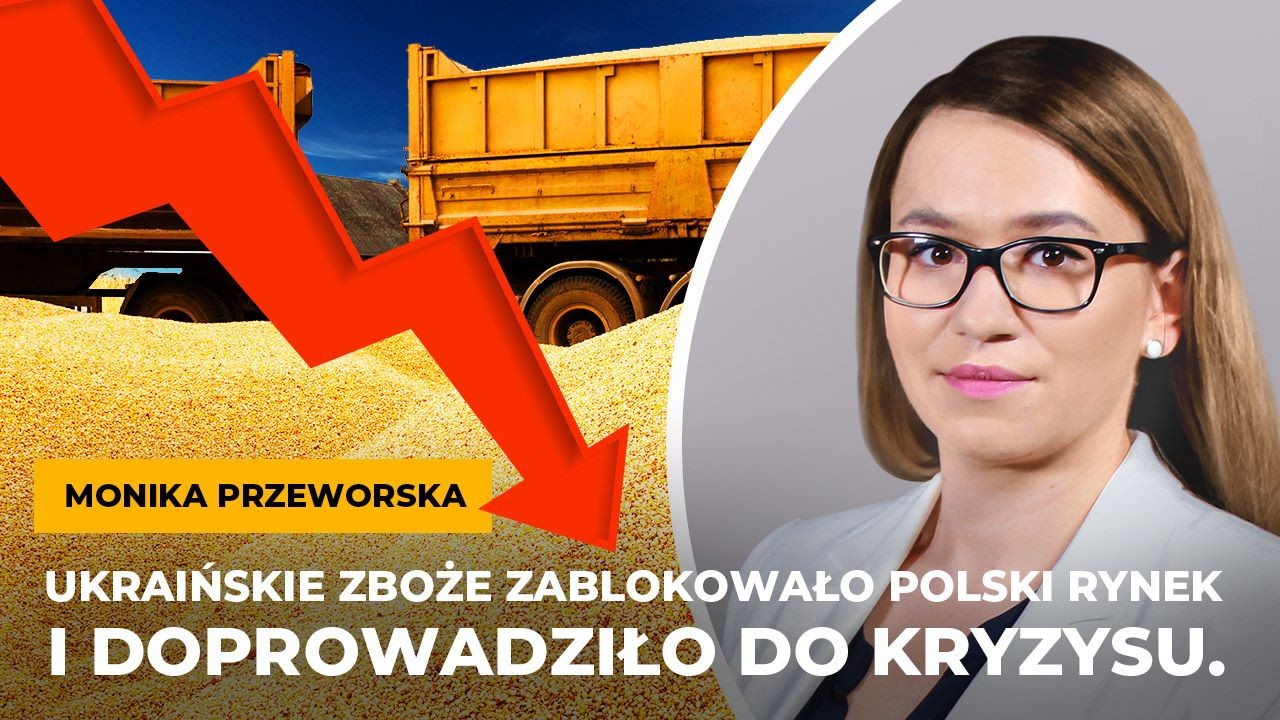ARCHIWUM IGR
26-10-2022
Instytut Gospodarki Rolnej z zadowoleniem odnotowuje podpisanie przez Prezydenta RP Andrzeja Dudę nowelizacji ustawy o grupach producentów rolnych i ich związkach oraz zmianie innych ustaw oraz niektórych innych ustaw, która ułatwi tworzenie grup producentów rolnych.
Wśród najważniejszych poczynionych zmian należy wskazać:
- zmniejszenie obowiązującego poziomu wielkości wyprodukowanych przez członka grupy producentów rolnych produktów lub grupy produktów, ze względu na które grupa została utworzona, jaka musi zostać sprzedana do grupy, z co najmniej 80% do co najmniej 70% przy jednoczesnym objęciu tym obowiązkiem co najmniej 90% producentów zrzeszonych w grupie zamiast dotychczasowych 100%
- wprowadzenie 90-dniowego terminu na wydanie przez dyrektora Oddziału Regionalnego ARiMR decyzji o uznaniu grupy oraz zatwierdzeniu planu biznesowego i dokonaniu wpisu grupy do rejestru grup
- wydłużenie terminu na złożenie przez grupę producentów rolnych wniosku o zatwierdzenie zmian w planie biznesowym w terminie nie późniejszym niż 60 dni przed zakończeniem danego roku działalności grupy
- przyznanie kompetencji prezesowi ARiMR do stwierdzania nieważności decyzji w sprawie spełniania przez grupy producentów rolnych warunków określonych w ustawie z 15 września 2000 roku, wydanych przed dniem wejścia w życie ustawy z 11 września 2015 roku
- dodanie przepisów w ustawie z 20 kwietnia 2004 r. o organizacji rynku mleka i przetworów mlecznych – dyrektor Oddziału Regionalnego ARiMR właściwy ze względu na siedzibę organizacji producentów uzyskał upoważnienie do zatwierdzania zmian w planie biznesowym na wniosek tej organizacji; wskazano też elementy, jakie taki wniosek powinien zawierać oraz niezbędnych załączników.
Zwieńczenie procesu legislacyjnego należy ocenić pozytywnie. Polski ruch spółdzielczy sięga tradycjami XIX wieku a postacie takie jak ksiądz Piotr Wawrzyniak, Franciszek Szewczyk, Wacław Bliziński i szereg innych odegrało niezwykle ważną rolę w historii Polski. Jak słusznie wskazuje Jan Krzysztof Ardanowski (minister rolnictwa i rozwoju wsi w latach 2018-2020) „przyszłość należy do zorganizowanej współpracy rolników, bo naprzeciwko ich stoją coraz mocniejsze organizację biznesowe, kapitałowe i pojedynczy rolnicy są skazani na klęskę w starciu z nimi” dlatego odtworzenie ducha współpracy między rolnikami jest niezbędne. W szczególności nadzieja leży w młodych rolnikach, którym spółdzielczość nie kojarzy się z jej komunistyczną, wypaczoną wizją. W wielu krajach europejskich producenci rolni funkcjonują w ramach podobnych organizacji i odnoszą dzięki temu ogromne sukcesy gospodarcze.
Odbudowa spółdzielczości na polskiej wsi będzie możliwa wyłącznie dzięki rozsądnym rozwiązaniom legislacyjnym. Zmiany mają na celu ułatwienie funkcjonowania grupom producentów rolnych i ich związkom i choć, z pewnością, mogłyby iść jeszcze dalej i wprowadzać jeszcze dalej idące rozwiązania, to z całą pewnością nowelizacja przepisów jest krokiem w dobrą stronę i należy oceniać ją pozytywnie. Inicjatywa Ministerstwa Rolnictwa i Rozwoju Wsi w tym zakresie musi zostać oceniona nadzwyczaj pozytywnie.
Instytut Gospodarki Rolnej będzie z uwagą monitorować efekty wdrażanych zmian a w przyszłości również proponować swoje własne rozwiązania, które pozwolą dalej rozwijać się polskiemu rolnictwu.
The Institute of Agricultural Economics notes with satisfaction the signing by the President of the Republic of Poland, Andrzej Duda, of the amendment to the act on agricultural producer groups and their unions and the amendment to other acts and some other acts, which will facilitate the creation of agricultural producer groups.
The most important changes made include:
1) reduction of the applicable level of the volume of products or group of products produced by a member of the group of agricultural producers, due to which the group was created, which must be sold to the group, from at least 80% to at least 70%, while at the same time covering at least 90% of this obligation of producers associated in the group instead of the previous 100%
2) introducing a 90-day deadline for issuing by the director of the ARMA Regional Branch a decision on recognizing the group and approving the business plan and entering the group into the register of groups
3) extension of the deadline for the submission of an application by a group of agricultural producers for approval of changes to the business plan no later than 60 days before the end of a given year of the group’s operations
4) granting powers to the president of ARMA to annul decisions on the fulfilment by groups of agricultural producers with the conditions specified in the Act of September 15, 2000, issued before the effective date of the Act of September 11, 2015
5) adding provisions in the Act from 20 April 2004 on the organization of the milk market and processing of dairy products – the director of the ARMA Regional Branch competent for the seat of the producer organization obtained authorization to approve changes to the business plan at the request of this organization; the elements that such an application should contain and the necessary attachments were also indicated.
The conclusion of the legislative process should be assessed positively. The Polish cooperative movement goes back to the traditions of the nineteenth century, and figures such as priest Piotr Wawrzyniak, Franciszek Szewczyk, Wacław Bliziński and a number of others played an extremely important role in the history of Poland. As rightly pointed out by Jan Krzysztof Ardanowski (Minister of Agriculture and Rural Development in 2018-2020), „the future belongs to organized cooperation of farmers, because in front of them there are increasingly stronger business and capital organizations and individual farmers are doomed to failure in the confrontation with them” a cooperative spirit between farmers is essential. In particular, the hope lies in young farmers, who do not associate the cooperative movement with its communist, distorted vision. In many European countries, agricultural producers operate under similar organizations and thus achieve enormous economic successes.
The reconstruction of the cooperative movement in the Polish countryside will be possible only thanks to sensible legislative solutions. The changes are aimed at facilitating the functioning of agricultural producer groups and their unions, and although they could certainly go even further and introduce even more far-reaching solutions, the amendment of the regulations is certainly a step in the right direction and should be viewed positively. The initiative of the Ministry of Agriculture and Rural Development in this respect must be assessed extremely positively.
The Institute of Agricultural Economy will carefully monitor the effects of the implemented changes and in the future also propose its own solutions that will allow Polish agriculture to develop further.


























